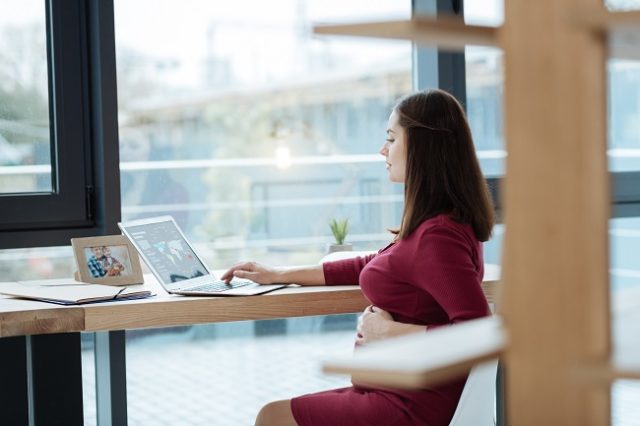The court of appeal has today ruled that tens of thousands of self-employed women were indirectly discriminated against during the pandemic. About 75,000 women who took maternity leave between 2016 and 2019 lost out on thousands of pounds in earnings because the self-employment income support scheme (SEISS), set up by the government to provide support during the COVID-19 pandemic, worked out its payments based on the recipient’s average profits.
One self-employed woman, who runs an opera company for children, would have received 80 per cent of her earnings under the furlough scheme. However, as her SEISS payment was based on earnings during a time when she was on maternity leave, received just £29 a week, equating to around 5 per cent of her pre-pandemic income. The woman said the payment “didn’t come close” to covering either bills like mortgages, or even essentials such as food.
Campaign group, Pregnant Then Screwed, brought the publicly funded judicial review against the chancellor, Rishi Sunak. They argued that giving birth could not be compared to taking a holiday or other planned work breaks and fell foul of equality laws by only affecting women.
Earlier this year the high court ruled that SEISS was not discriminatory. This ruling has now been overturned, but only partly,as the three judges ruled that the woman affected would not be able to claim rebates on their lost earrings. The judges said that this was because civil servants had to create a safety net for workers so quickly which justified their actions.
Asked about the issue in parliament, Rishi Sunak said self-employed people had “ups and downs” in their earnings “for all sorts of reasons … whether through maternity, ill-health or others”.
Sign in
Welcome! Log into your account
Forgot your password? Get help
Password recovery
Recover your password
A password will be e-mailed to you.









